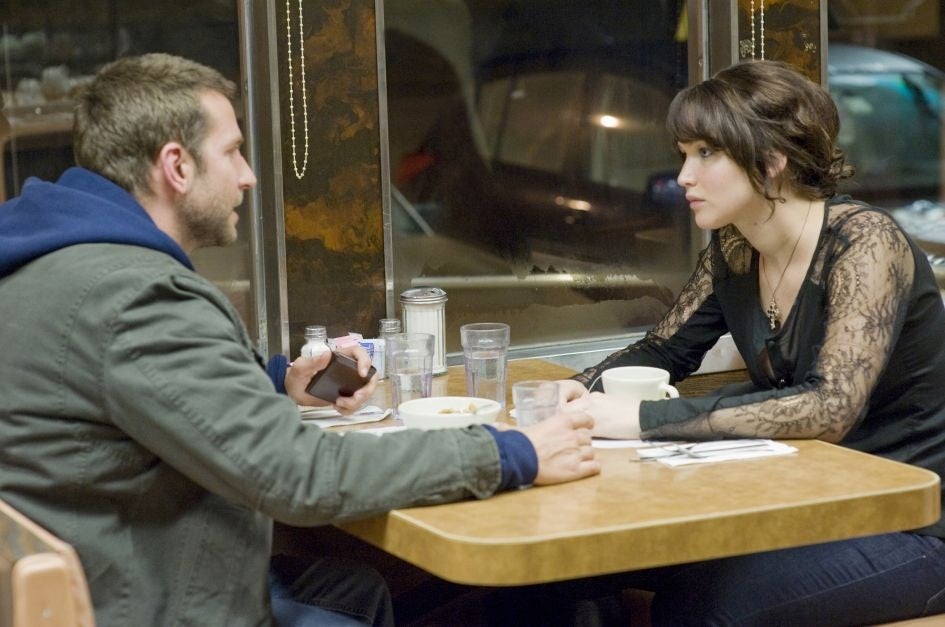Edit out the sex and the audience is the loser
This new coyness about sex is blamed on – or credited to – the great god of marketing

Your support helps us to tell the story
From reproductive rights to climate change to Big Tech, The Independent is on the ground when the story is developing. Whether it's investigating the financials of Elon Musk's pro-Trump PAC or producing our latest documentary, 'The A Word', which shines a light on the American women fighting for reproductive rights, we know how important it is to parse out the facts from the messaging.
At such a critical moment in US history, we need reporters on the ground. Your donation allows us to keep sending journalists to speak to both sides of the story.
The Independent is trusted by Americans across the entire political spectrum. And unlike many other quality news outlets, we choose not to lock Americans out of our reporting and analysis with paywalls. We believe quality journalism should be available to everyone, paid for by those who can afford it.
Your support makes all the difference.Until recently, the Hollywood way of romance was straightforward. An on-screen couple would meet. There would be some kind of courtship, slow or headlong, complicated or to the point.
Then, sooner or later, there would be a sex scene. It was as reliable a part of film entertainment as a car chase or a hummable tune on the soundtrack. The audience, like the couple in the film, came to expect its little climactic treat now and then.
Now, in one of the more surprising developments of recent times, mainstream producers have decided that sex is more trouble than it is worth. Increasingly, the expertise of studio specialists – the clever lighting, the fancy camera angles and slick editing – are directed towards more acceptable kinds of physical action, like the many creative and exciting ways in which the human body can be hurt, shot, or blown to smithereens.
This new coyness about sex, the sometimes startling way in which films can, at the crucial moment, skip to the morning after, is blamed on – or credited to – the great god of marketing. New research, commissioned by Warner Brothers, has suggested that women now tend to decide what films a couple should see. These same women, according to the polls, are uneasy with scenes which might be thought to stray into the explicit, or exploitative, or inappropriate in some way.
A single sex scene can result in a film being given an adult rating, which in turn will restrict its cinema distribution and the newspapers in which it can be advertised. Among this year’s contenders for the major Oscars, violence is apparently as acceptable as ever, but explicit sex is entirely absent, even in Silver Linings Playbook in which Jennifer Lawrence plays the part of a sex addict.
Here is a perfect illustration of how confused and on edge we have become around this subject. On the one hand, a porn-influenced culture is reflected in advertising, clothes and, it is often said, human relations. Online chat and TV reality shows suggest a general if low-level erotomania in the population. Yet when it comes to mainstream entertainment, the move is towards closing the bedroom door in the manner of an old-fashioned romantic novel. “Some things,” as the prudes of the day love to tell us, “are best left to the imagination”.
The problem is that these days we are worldly enough to see through the old lie about sex – that when two people go to bed together, all we should expect is a slow fade to the sound of sweeping strings. We know that it is not the end of the story, but the beginning; sex is precisely where things start getting interesting.
When, early in his career, Martin Amis was asked how he developed the characters of his novels, he replied that “just as you find out something about someone when they laugh – when they really laugh – you find out a lot by seeing them in a sexual situation”. The first question Amis would ask himself about characters was: “What are they like in the sack?”
It is not as silly as it sounds. Hollywood producers are selling the illusion that, because all sex is pretty much the same, there is no need to make it part of the story. Most grown-ups know that is an idiotic view. The joys and disasters of the bedroom reveal what is really going on, the relationship unclothed.
In the best, most interesting moderns films about love and desire – Blue Velvet, Lost in Translation, Secretary, Brokeback Mountain – the physical has been part of the story, and often an expression of what has not been articulated. That can sometimes be complicated and unsettling, and may raise tricky questions which many would prefer not to be asked, but to avoid it for those reasons is to combine, rather unattractively, cynicism and childishness.
It is, after all, a strange world in which explicitness is accepted when bodies are being tortured or killed on screen, but not when they are giving and receiving pleasure.
Join our commenting forum
Join thought-provoking conversations, follow other Independent readers and see their replies
Comments